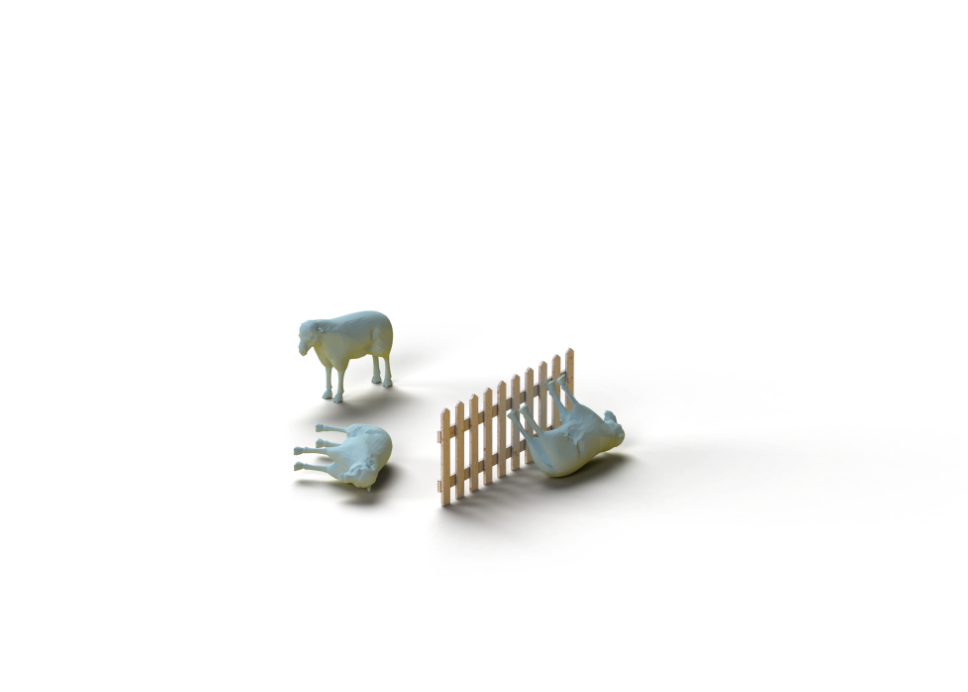
Why do we yawn and is it contagious?
Learn moreContents
Yawning is a normal bodily reflex that can occur anytime throughout the day or night. On average, we yawn five to ten times everyday, with each one lasting around five seconds. That’s up to five whole hours worth of yawning every single year…sleepy yet?
But have you ever stopped to wonder why you’re always yawning, or what’s causing this strange phenomenon to occur? As well as considering the functions behind yawning, there has been lots of research done into the physical causes of it. Unfortunately, the whys and wherefores of this tiring topic are generally quite vague, with theories around it generally yet to be universally accepted as truth.
In this guide, we’ll pick through the scientific and psychological theories which attempt to explain what makes us yawn, and why we do it so often in the first place.
What makes us yawn?
There are lots of different social and psychological factors that can cause an involuntary yawn. It’ll typically occur when we’re fatigued, so a lack of sleep or a particularly busy day could invoke more yawns than normal, but the science behind why this is the case remains unclear.
It’s been hypothesised that yawning when we’re bored or tired is our body’s attempt to wake up the brain, by activating the muscles in our face and neck, whilst also releasing hormones programmed to keep us awake. Here are three potential factors that could affect the frequency of this daily habit.
Boredom. Research has shown that we are more likely to yawn when partaking in a more passive activity, such as reading or driving. When we’re doing something more active, the frequency of our yawns decreases, which certainly reinforces the idea that tiredness or boredom can be a cause.
Temperature. Another theory suggests that ambient temperature can also affect frequency. One study on the behaviour of parakeets found that the incidence of yawning increased as ambient temperature rose. Whether this translates to humans as well is still largely unknown, but some research would suggest temperature does have a similar effect on human behaviour. One study revealed that in normal conditions, 48% of the subjects succumbed to the urge. However, when researchers asked them to put a cold compress on their heads, this figure plummeted, with just 9% letting out a yawn. The study, led by professor Andrew Gallup of the State University of New York's Polytechnic Institute, also determined that by breathing through their noses, the subjects were able to better suppress their desire to yawn, as this is another way humans can cool the brain.
Rapid changes in elevation. Yawning can also be a natural bodily response to a rapid change in elevation. When a plane takes off, for example, you might notice a cabin-full of gaping mouths as people contend with the change in pressure. Yawning can open the eustachian tube (the passageway connecting the middle of the ear to the throat) allowing for air to flow into and out of the ear. As a result of this change in airflow, the pressure on our eardrums is equalised, helping to relieve potential pain and giving that desired ‘pop’.
What are the uses of yawning?
For many years, it was widely accepted that yawning served as a way of getting more oxygen into our lungs and bloodstream to make us feel less tired. However, modern research has disproved this theory, with psychologists at the University of Maryland finding people yawn just as often when breathing in high-oxygen air.
An alternative explanation suggests that yawning instead has the primary purpose of helping to cool down the brain. Regulating the temperature of our brains is important to helping it continue functioning as it should, with brain temperature linked to things like stress levels and sleep cycles. And many researchers believe that yawning is one of the ways our body helps it to maintain a steady temperature.
When we yawn, there are two different processes that could help with cooling the brain. Firstly, the inhalation of cooler air into our lungs will send cooler blood to our brains, helping to prevent it from overheating. Secondly, when we yawn, our mouths typically open wider, which can further expose our bodies to the cooler air around us.
What’s more, whenever we feel exhausted or are sleep deprived, our brains naturally warm up, which could go a long way to explaining why we yawn more when we’re sleepy.
Why is yawning contagious?
Whilst we still lack a scientific explanation for why we yawn, there is little doubt around the fact that the reflex is contagious. Observing someone else yawn, reading about yawning, or even as much as thinking of a yawn can invoke an involuntary response. But why is this the case?
The answer to this question is, unfortunately, as vague as many other answers to questions around this subject, but there are some explanations which have been put forward.
Mirror neurons and social empathy
Firstly, the relatively recent discovery of mirror neurons in our motor systems could offer an explanation as to why we mimic the behaviour of other people. As with any other social cue, such as crossing our legs or playing with our hair, humans are wired to feel a sense of empathy, which can cause us to involuntarily mimic the actions of others.
Mirror neurons become active when we either perform a specific motor act, or witness another individual do a similar act. Many people believe that these neurons go some way to explaining why humans feel empathy towards others, which in itself is a possible explanation for why we mimic other people when they yawn.
Empathy is a big factor in explaining why the habit is contagious. A study of 135 people by Baylor University looked into their personality types, and concluded that less empathetic people were less likely to yawn after observing someone else perform the act.
But our responses can vary further depending on the attachment we have with the person we’re observing. For instance, watching a family member or close friend yawn is far more likely to invoke a mirrored response than seeing a complete stranger do the same thing.
Method of communication
It’s also been suggested that contagious yawning could have a more primitive explanation. As neuroscientist Robert Provine puts it, we could be giving an “insight into the human herd” when we yawn, with it being “a primal form of sociality”. Some scientists believe that humans have evolved to subconsciously mimic the behaviour of others as a form of social signalling, particularly when we think the action will be useful to us.
For instance, when we’re in a social situation and a contagious yawn spreads, it helps everyone to achieve a similar level of attentiveness. This is beneficial to the entire social group, particularly in the animal kingdom, as it can help keep everyone alert to stave off any threats to the herd.

